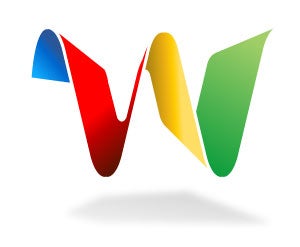Google Wave to break this Autumn

In this era of Twitter and Facebook, with hundreds of millions of internet users hooked on letting the world know what they're up to in short bursts of text, it's taken the confidence of search and advertising giant Google to believe there's room in the market for yet another service.
With today's announcement that Google Wave, a new service enabling users to exchange messages, images, songs and videos in real time, will be released to 100,000 hand-picked Google enthusiasts in September, technology correspondents are gearing up for months of speculation at the impact of yet another bold announcement from the Californian company.
The premise of Wave is relatively simple, in that it offers many of the same tools as are currently available with instant messaging services like Gmail Chat. But the plan to integrate file-swapping, live editing of files, and many more features before the launch has led to a flurry of excited coverage speculating that current communication channels could potentially be rendered obsolete. “Wave is what email would look like if it were invented today,” claims Lars Rasmussen, who, with his brother Jens, has been responsible for much of the development behind Google Wave, initially devised in Sydney.
There are potential stumbling blocks however; Wave in its inchoate form is not yet supported by Internet Explorer, for example, which takes the lion's share of the browser market, and fears have been expressed by some technology commentators that, given the poor performance of similar services such as Friendfeed, Google Wave may just prove to be too complicated for the majority of internet users. Until September though, you can guarantee Google will be trying their best to make sure that isn't the case.
Join our commenting forum
Join thought-provoking conversations, follow other Independent readers and see their replies
Comments